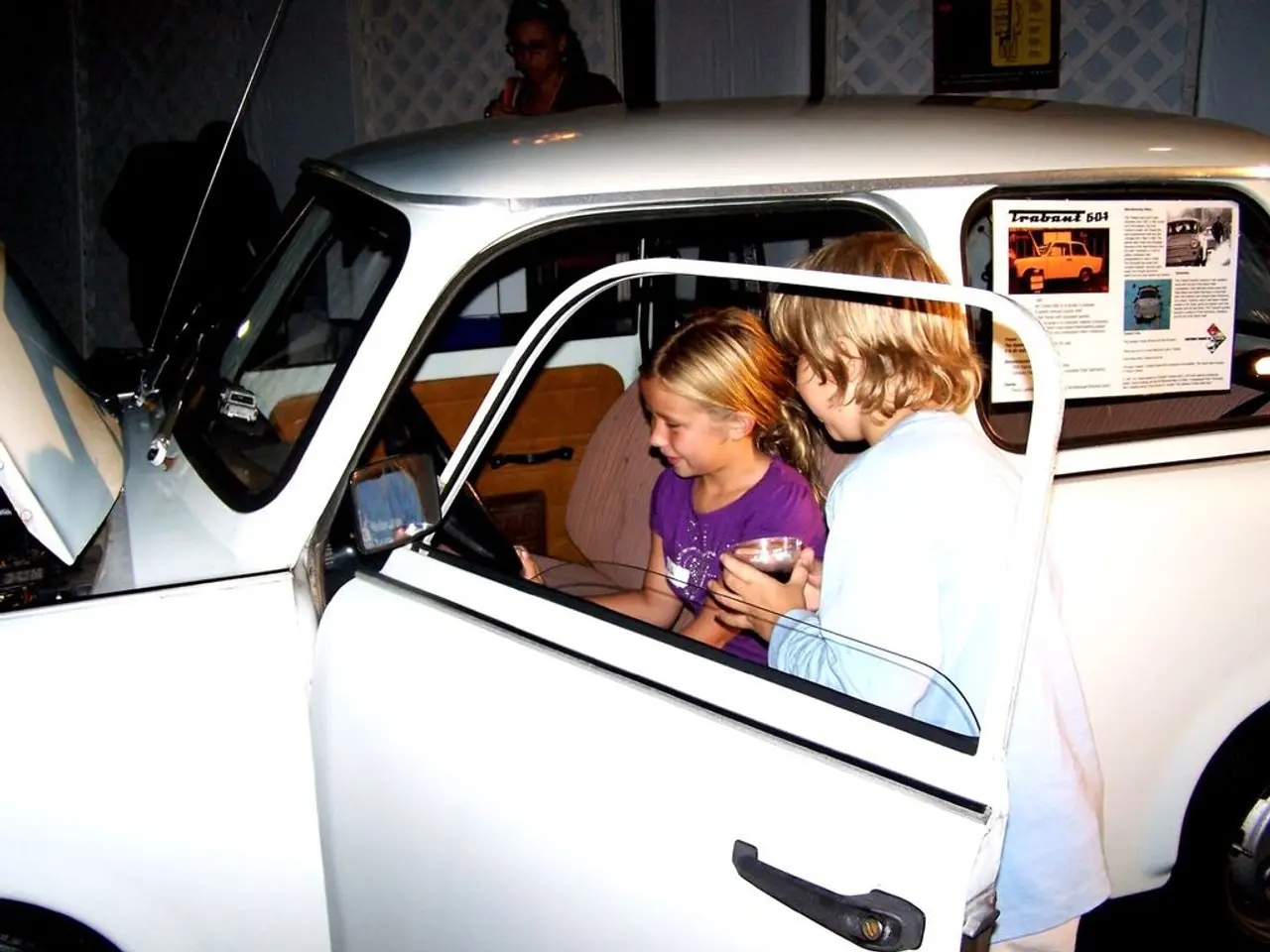Potential Peril: Understanding the Lethal Risks of Cars for Children in Warm Weather
Hot Car Tragedies: A Call for Vigilance
Every year, the tragic news of children dying from heatstroke in hot cars makes headlines across the United States. According to experts, this is a preventable tragedy that can be addressed by building precautions into our daily lives.
Children's bodies heat up three to five times faster than adults, making them more susceptible to heat-related issues. This vulnerability is particularly pronounced in babies and toddlers, who are more likely to die from heatstroke in hot cars. In fact, statistics show that approximately 40 children die each year due to heatstroke after being left or trapped in hot cars. Over the past 25 years, approximately 1,000 children have lost their lives in such tragedies.
The heat inside a parked car can become dangerously hot in a short amount of time, even on days that are not particularly hot outside. The interior of a vehicle heats up quickly on a sunny day, rising 20 degrees Fahrenheit (11 degrees Celsius) within just 10 minutes, according to the U.S. Centers for Disease Control and Prevention (CDC). Cracking a window or parking in the shade does not prevent a car from heating up significantly.
Heatstroke in children can lead to irregular heart rhythm (arrhythmia), organ failure, and brain swelling, making it a serious and life-threatening situation. The average number of child deaths due to heat exposure in vehicles in the USA is about 38 per year.
The majority of hot car deaths involve someone forgetting a child is in the car. To prevent such tragedies, experts suggest several precautions. These include placing personal items in the back seat, keeping a visual cue on the front seat, and always looking in the back seat before locking your car.
Talking about hot car safety and educating families on precautions can help prevent these tragedies in the future. It's important to remember that there is no safe temperature or length of time in which a child should be left in a car alone.
Pediatric emergency medicine specialist Purva Grover, MD, and pediatrician Paula Sabella, MD, emphasize the importance of vigilance. "A moment of forgetfulness can have devastating consequences," they say. "By taking simple precautions, we can help ensure our children's safety."
So, whether you're at home or out and about, always remember to check the back seat before locking your car. The take-home message is clear: there is no room for complacency when it comes to hot car safety.








